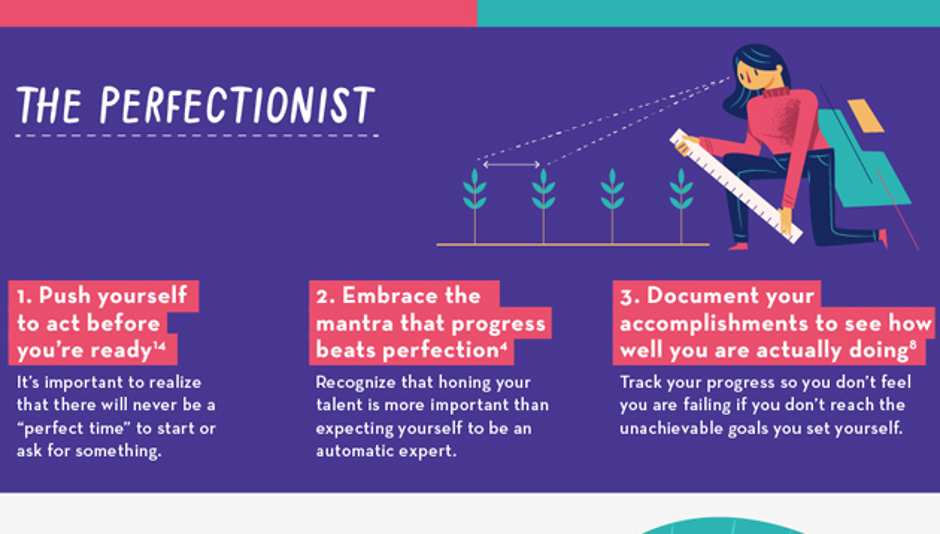- January 29, 2020
- Posted by: admin
- Categories: Uncategorized, Work, Yomi

We all probably feel this at some point in time – the work that we do is not good enough, perhaps we don’t belong in or deserve our professional position, or from a more complex viewpoint, feeling like we will be exposed as a ‘fraud’ or that others will start to realise our shortcomings.
Such thoughts and concerns are typically clubbed under Imposter Syndrome, or IS, which can affect even the most confident-appearing people. Approximately 70% of us will suffer from it at some point in our life, according to Dr. Pauline R. Clance, who first studied it back in 1978.
The Expert: You expect to know everything and feel ashamed when you don’t
- Compare like for like: Avoid unequal comparisons with people who have more experience in a role, as it’s natural that they know more.
- Remind yourself that there is no gender of racial competencies necessary for your tasks: Recognise that you have the skills even if you don’t feel you ‘fit’.
- Mentor junior colleagues or volunteer: Your experience and knowledge will be useful to those further down the ladder.
The Soloist: You believe work must be accomplished alone and refuse to take credit if you received any kind of assistance.

The Natural Genius: You tell yourself that everything must be handled with ease, otherwise it’s not ‘natural talent’
- Appreciate that great achievements require lifelong learning: Natural ability is only the seed of success and will not amount to much without a strong work ethic.
- Identify specific skills that you can improve over time: Admit that you should work on specific skills to ensure that you continue building on your talent.
- Break tasks into smaller, more achievable chunks: A major task taken as one block can seem insurmountable.
The Superwoman/Man: You feel you should be able to excel at every role you take on in your life
- Reframe failure as a learning opportunity: Use failures as an opportunity to discover how to improve rather than a reason to be hard on yourself.
- Seek out an experienced mentor: Share your feelings with someone who has experienced it to see how they overcame it.
- Remind yourself that constructive criticism is not personal: Take it as an opportunity to grow rather than an implication that you’re not good enough.
The Perfectionist: You set impossibly high standards for yourself and beat yourself up when you don’t reach them

All images / resume.io
All Markets by Aditi Sharma Kalra
https://www.humanresourcesonline.net/imposter-syndrome-at-the-workplace-is-real-here-what-you-can-do-about-it/
